Investigatory Powers bill’s security backdoors ‘won’t make iPhone illegal’
Encryption backdoors survive proposed House of Lords amendments
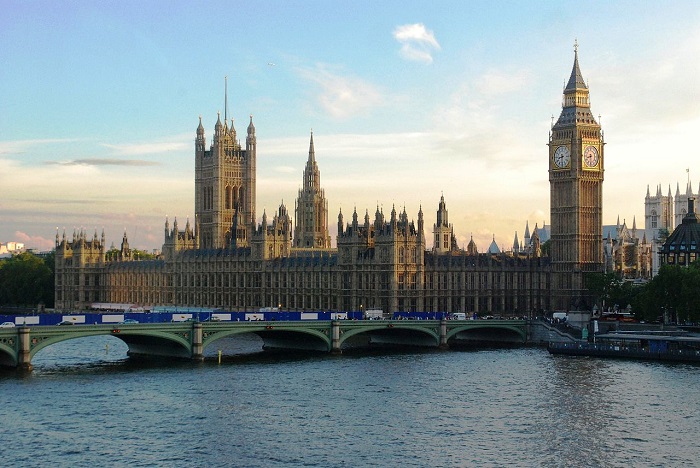
Accessing people's data via security backdoors will form a key part of the Investigatory Powers Bill, despite arguments it could make the new iPhone illegal, it emerged in Parliament this week.
The government's deputy leader in the House of Lords, Earl Howe, was adamant the bill must require telecoms companies to break or remove their own encryption to give government agencies access to people's personal data.
Debating the bill, he said: "If we do not provide for access to encrypted communications when it is necessary and proportionate to do so, we must simply accept that there can be areas online beyond the reach of the law, where criminals can go about their business unimpeded and without the risk of detection."
Howe added: "Enforcement and the intelligence agencies must retain the ability to require telecommunications operators to remove encryption in limited circumstancessubject to strong controls and safeguardsto address the increasing technical sophistication of those who would seek to do us harm."
He was defending the backdoor element of the bill from proposed amendments 92, 102 and 103, which would have removed this section of the legislation.
"They are an [sic] irresponsible proposals, which would remove the government's ability to give a technical capability notice to telecommunications operators requiring them to remove encryption from the communications of criminals, terrorists and foreign spies," Howe said.
However, one proponent of the amendments, the Liberal Democrats' Lord Paul Strasburger, suggested the Investigatory Powers' backdoors are incompatible with IT companies' use of end-to-end encryption.
Get the ITPro daily newsletter
Sign up today and you will receive a free copy of our Future Focus 2025 report - the leading guidance on AI, cybersecurity and other IT challenges as per 700+ senior executives
"The implication of what he is saying is that no one may develop end-to-end encryption," he said.
"He seems to be implying that providers can use only encryption which can be broken and therefore cannot be end to end, so the next version of the Apple iPhone would, in theory, become illegal."
Howe denied this, instead insisting that "there will be circumstances where it is reasonably practicable for a company to build in a facility to de-encrypt the contents of communication".
None of the above amendments were made to the bill. Its passage through Parliament continues with debate in the House of Lords, after the House of Commons voted it through with 444 MPs in favour.
-
 Cleo attack victim list grows as Hertz confirms customer data stolen
Cleo attack victim list grows as Hertz confirms customer data stolenNews Hertz has confirmed it suffered a data breach as a result of the Cleo zero-day vulnerability in late 2024, with the car rental giant warning that customer data was stolen.
By Ross Kelly
-
 Lateral moves in tech: Why leaders should support employee mobility
Lateral moves in tech: Why leaders should support employee mobilityIn-depth Encouraging staff to switch roles can have long-term benefits for skills in the tech sector
By Keri Allan
-
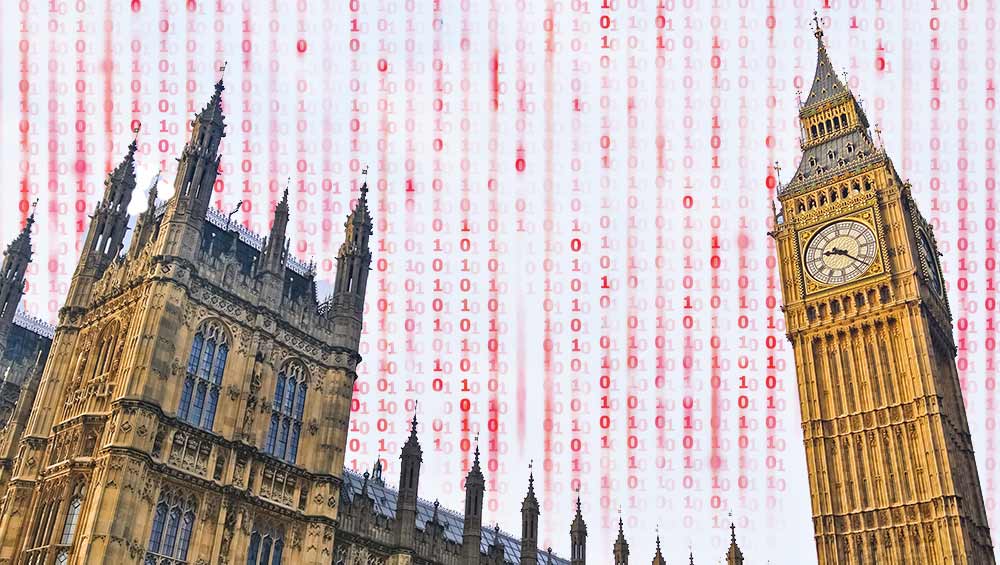 UK government's draft spying powers get leaked online
UK government's draft spying powers get leaked onlineNews Open Rights Group lifts curtain on Home Office's secretive consultation
By Zach Marzouk
-
 Liberty hits crowdfunding goal to take on Snooper's Charter
Liberty hits crowdfunding goal to take on Snooper's CharterNews Campaign group raises £40,000 to finance legal challenge against the government
By Clare Hopping
-
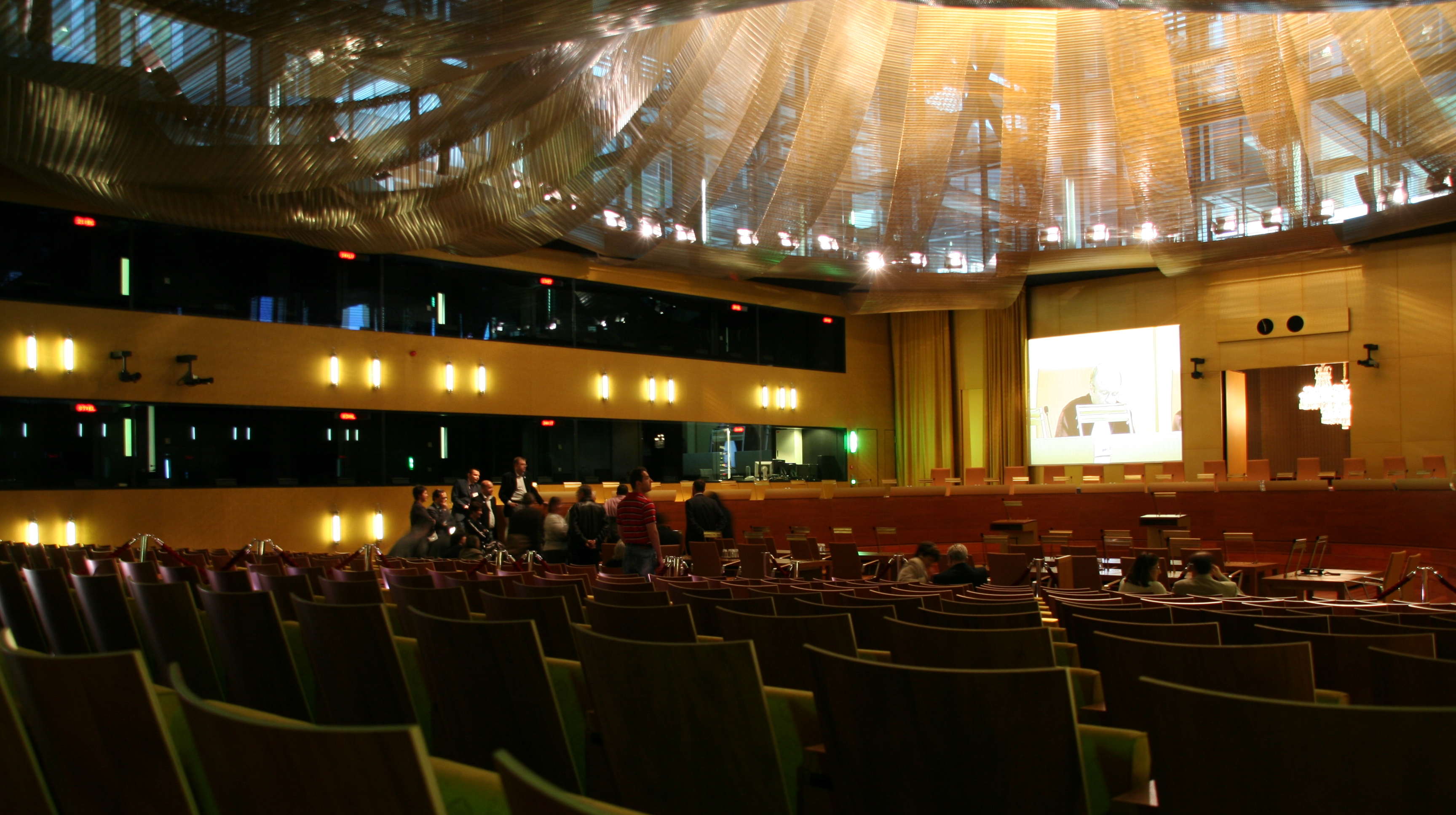 Blow for Snoopers Charter as EU court bans mass data collection
Blow for Snoopers Charter as EU court bans mass data collectionNews A legal challenge brought against DRIPA could take out its successor
By Nicole Kobie
-
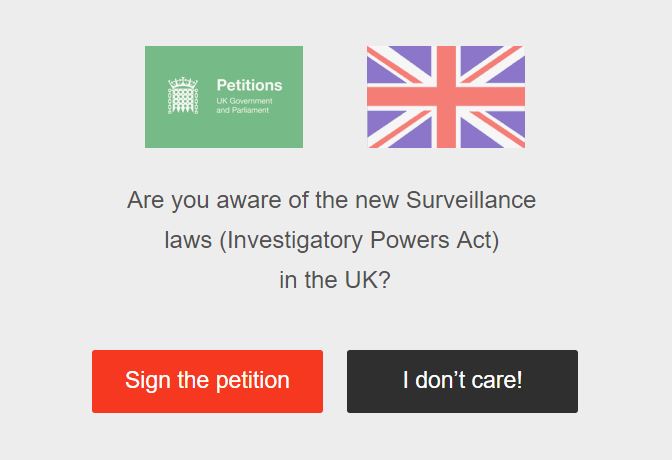 Porn site xHamster protests Snooper's Charter a week too late
Porn site xHamster protests Snooper's Charter a week too lateNews xHamster pushes visitors to sign anti-surveillance petition
By Nicole Kobie
-
 Investigatory Powers: Expect less scrutiny now Theresa May is Prime Minister
Investigatory Powers: Expect less scrutiny now Theresa May is Prime MinisterAnalysis Experts predict Theresa May's rise to PM will give the Snooper's Charter an easier ride
By Rene Millman
-
 House of Lords hits out at Snooper's Charter
House of Lords hits out at Snooper's CharterNews Privacy and practicality worries could give the IP Bill a rough ride through the upper house
By Jane McCallion
-
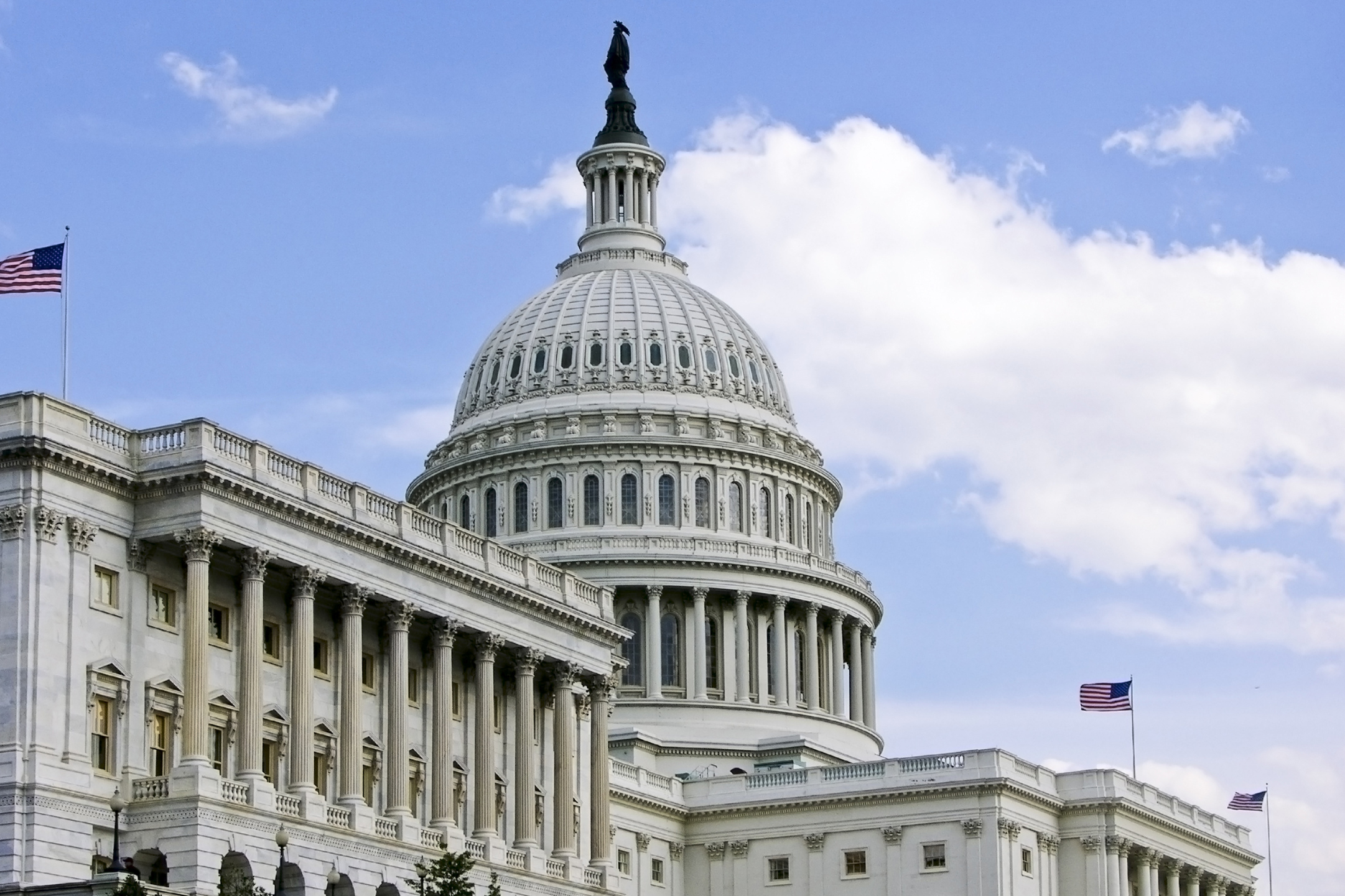 FBI can hack computers with no warrant, US court rules
FBI can hack computers with no warrant, US court rulesNews No warrant was needed in child abuse case, even though one was obtained
By Jane McCallion
-
 Campaigners reveal government's secret spying regime
Campaigners reveal government's secret spying regimeNews Intelligence services have had access to people's health, financial and communication data for 15 years
By Jane McCallion